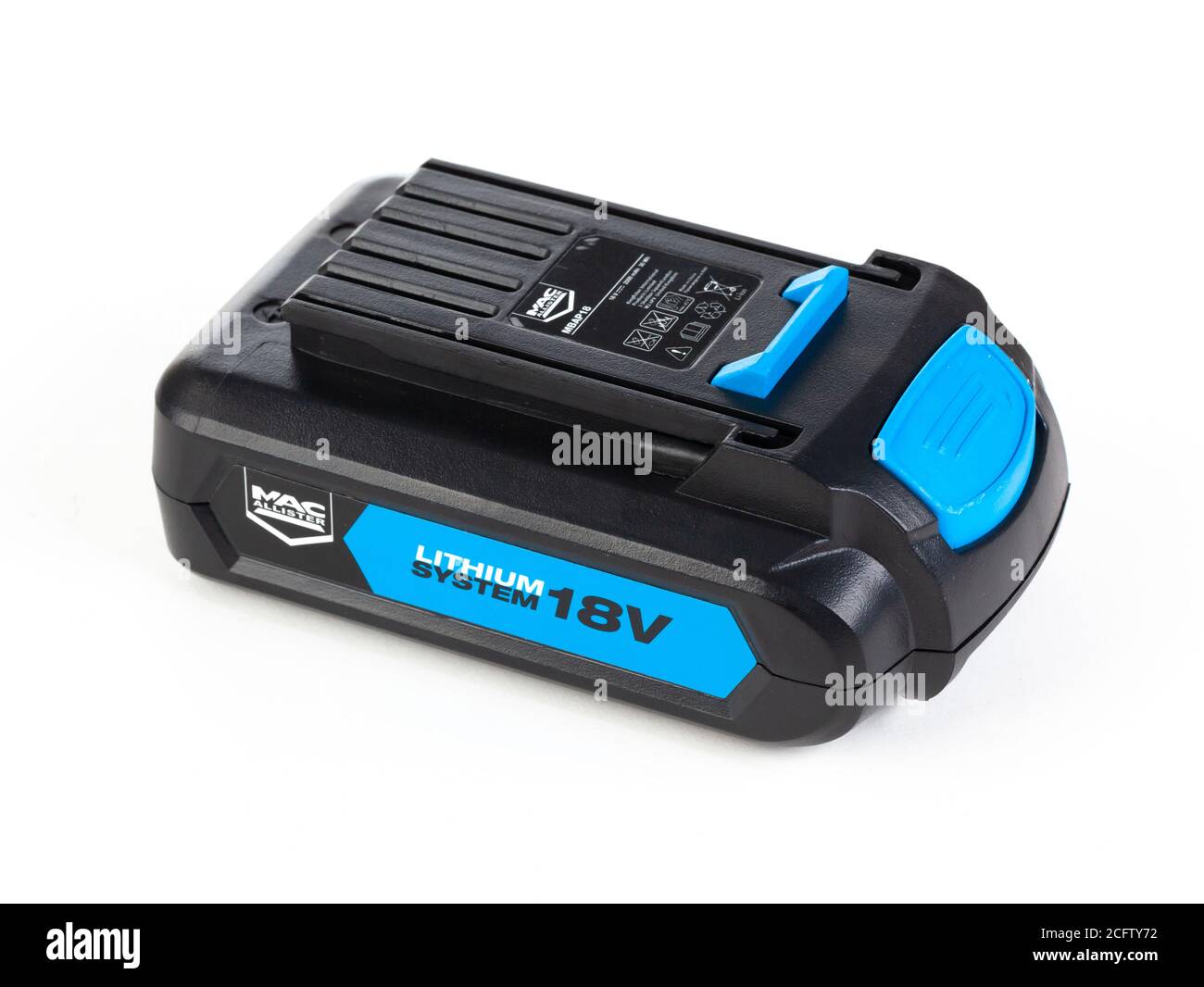

A maximum of 2 spare batteries may be carried.
#Lithium ion battery carry on portable
Portable electronic devices containing non-spillable batteries, batteries must be 12 V or less and 100 Wh or less. Mobility Aids: Battery-powered wheelchairs or other similar mobility devices with spillable batteries or with lithium batteries These batteries must be individually protected to prevent short circuits. Maximum of two spare batteries in carry-on baggage only. Lithium batteries, spare/loose with a Watt-hour rating exceeding 100 Wh but not exceeding 160 Wh for consumer electronic devices and PMED or with a lithium metal content exceeding 2 g but not exceeding 8 g for PMED only. Devices in checked baggage must be completely switched off and must be protected from damage.

For portable medicalĮlectronic devices only, lithium metal batteries with a lithium metal content exceeding 2 g but not exceeding 8 g. Lithium ion batteries for portable (including medical) electronic devices, a Wh rating exceeding 100 Wh but not exceeding 160 Wh. Lithium battery-powered electronic devices. *The operator may approve the carriage of more than 15 PED. If offered as checked baggage, the battery must be removed and carried in the cabin. Baggage equipped with a lithium battery, other than lithium button cells, the battery must be removable. Each person is limited to a maximum of 15 PED. For lithium metal batteries, the lithium metal content must not exceed 2 g, and for lithium ion batteries, the Watt-hour rating must not exceed 100 Wh. Lithium Batteries: Portable electronic devices (PED) containing lithium metal or lithium ion cells or batteries, including medical devices such as portable oxygen concentrators (POC) and consumerĮlectronics such as cameras, mobile phones, laptops, and tablets, when carried by passengers or crew for personal use. Lithium Batteries: Security-type equipment containing lithium batteries. *The operator may approve the carriage of more than 20 batteries.Į-cigarettes (including e-cigars, e-pipes, other personal vaporizers) containing batteries must be individually protected to prevent accidental activation.Įlectro shock weapons (e.g., Tasers) containing dangerous goods such as explosives, compressed gases, lithium batteries, etc., are forbidden in carry-on baggage, checked baggage, or on the person.

Each person is limited to a maximum of 20 spare batteries. Articles that have the primary purpose as a power source, e.g., power banks, are considered as spare batteries. Must not exceed 2 g, and for lithium ion batteries, the Watt-hour Rating must not exceed 100 Wh. For lithium metal batteries, the lithium metal content Removed batteries must be carried in the cabin.īatteries, spare/loose, including lithium metal or lithium ion cells or batteries, for portable electronic devices, must be carried in carry-on baggage only. Batteries must be removed if baggage is to be checked in. Batteries must contain no more than 0.3 g lithium metal or for lithium ion must not exceed 2.7 Wh Non-removable batteries exceeding–0.3 g lithium metal or 2.7 Wh.īaggage with installed lithium batteries: Type of dangerous goods that may be carried by passengers


 0 kommentar(er)
0 kommentar(er)
